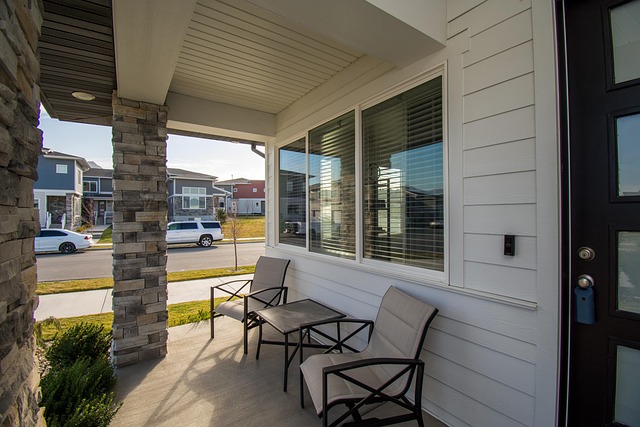In St. Louis, advocating for high-quality elder care involves addressing elderly sexual assault. Families should consult specialized elderly sexual assault lawyers to protect victims' rights and hold perpetrators accountable. By understanding laws and implementing prevention strategies, they can enhance facility safety and drive positive change for the city's elderly community. Open communication with facilities and legal advocates is key to effective advocacy.
In St. Louis, ensuring quality and safe elder care is a collective responsibility. This article guides families in advocating for their loved ones within the complex landscape of senior facilities. We explore critical aspects such as understanding elder care rights, recognizing and preventing sexual assaults, and leveraging the power of legal advocates. Additionally, we provide effective communication strategies to engage with facilities. Armed with knowledge, St. Louis families can become powerful allies for vulnerable elders, especially when concerning elderly sexual assault issues, by partnering with dedicated lawyers specializing in these matters.
Understanding Elder Care Rights in St. Louis
In St. Louis, families have the right to expect high-quality care for their aging loved ones. Understanding these rights is a crucial first step in advocating for better elder care facilities. Elderly individuals are protected by various laws and regulations designed to safeguard their well-being, including their physical safety. One serious concern that families should be aware of is the prevention and reporting of elderly sexual assault. St. Louis residents can tap into resources provided by dedicated elderly sexual assault lawyers who specialize in protecting the rights of victims and holding perpetrators accountable.
Familiarizing themselves with these laws empowers families to identify potential issues within care facilities and take appropriate action. Knowledgeable attorneys can guide families through the legal process, ensuring their loved ones receive justice and proper care. By staying informed and proactive, St. Louis families can play a vital role in improving elder care standards and creating a safer environment for the elderly community.
Recognizing and Preventing Sexual Assaults on Seniors
In St. Louis, recognizing and preventing sexual assaults on seniors is a critical aspect of advocating for better elder care facilities. Families must be vigilant in monitoring their loved ones’ well-being, as elderly individuals may face heightened risks due to cognitive impairments or physical frailties. The presence of dedicated elderly sexual assault lawyers St. Louis can offer crucial support and guidance when such incidents occur. These legal professionals are equipped to help victims navigate the complex justice system while pursuing accountability from the perpetrators and facilities responsible.
Prevention strategies include ensuring that care facilities implement robust safety measures, conduct thorough background checks on staff members, and provide comprehensive training on sexual assault awareness and response. Regular communication between families and caregivers is essential in identifying potential red flags and addressing them promptly. By staying informed and proactive, St. Louis families can contribute to creating a safer environment for their elderly relatives and hold negligent institutions accountable through legal action if necessary.
The Role of Legal Advocates for Vulnerable Elders
In many cases, vulnerable elders in St. Louis face challenges when advocating for their rights within elder care facilities. Here’s where legal advocates step in as crucial allies. These professionals, often specialized in elderly sexual assault lawyers St. Louis and related areas, play a pivotal role in ensuring the protection and well-being of seniors. They guide families through complex legal systems, helping them understand their rights and options when facing issues like neglect, abuse, or poor care quality.
Legal advocates possess the knowledge and expertise to navigate these situations effectively. They can offer vital support by conducting investigations, gathering evidence, and representing the interests of elders in administrative hearings or legal proceedings. Their intervention is instrumental in holding care facilities accountable for any misconduct and promoting positive changes that benefit all residents.
Strategies for Effective Communication with Facilities
Effective communication is key when advocating for better elder care facilities. Families in St. Louis should begin by clearly articulating their concerns and expectations to facility staff. This can be done through scheduled meetings or written correspondence, ensuring that all issues, including any instances of potential neglect or abuse, are documented. Engaging with the facility’s administration and utilizing resources offered by local organizations dedicated to elder care can also help facilitate open dialogue.
Additionally, families should familiarize themselves with their legal rights and options, especially in cases involving serious incidents like elderly sexual assault. Consulting with experienced lawyers specializing in these matters in St. Louis can empower families to navigate the system, understand their legal standing, and ensure justice for their loved ones. This proactive approach, combining clear communication and legal awareness, is essential in driving positive change within elder care facilities.






